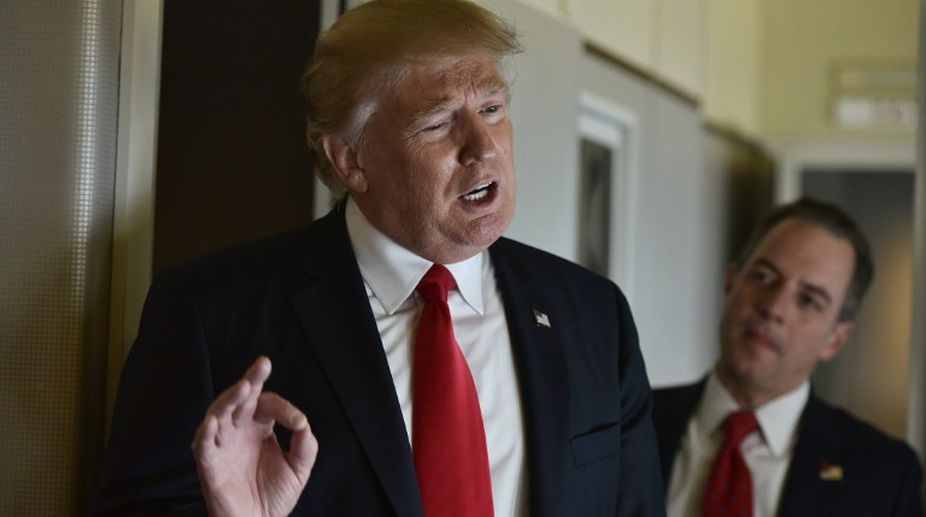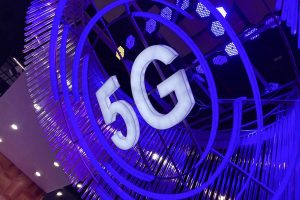US President Donald Trump has signalled debunking America's long pursuit of a two-state solution to the Israeli-Palestinian dispute, saying he could endorse a one-nation solution if it led to peace in the Middle East, but asked Israel to temporarily stop Jewish settlements.
Appearing at a joint press conference with visiting Israeli Prime Minister Benjamin Netanyahu, Trump hailed the "unbreakable" bond between the two countries after the bilateral relations nosedived under President Barack Obama.
At their first face-to-face meeting since his inauguration on January 20, Trump appeared warm to Netanyahu and shook his hands several times throughout the conference.
But he politely asked the Israeli head of the government to "hold back" on settlements in territory claimed by the Palestinians for their future state: "for a little bit".
Breaking from tradition and international consensus, Trump said he would be open to "alternate solutions" that does not necessarily involve a two-state solution to the six-decades- long Israeli-Palestinian conflict.
"It is something that is very different, hasn't been discussed before. It's actually a much bigger deal – much more important deal in a sense," Trump said.
"I'm looking at two-state and one-state, and I like the one that both parties like. I'm very happy with the one that both parties like. I can live with either one," he said, adding Israelis "also need to show some flexibility".
"We'll work something out but, I think a deal will be made… It might be a bigger and better deal than people in this room even understand," he said, without elaborating.
Since 2002, the US has formally backed the two-state solution. But Trump's remarks were the most striking departure for American efforts – and the central theme of the Oslo accords – to establish a Palestinian state alongside Israel as part of a permanent Middle East peace deal.
Trump said his administration was looking at moving the US embassy to Jerusalem, but he offered no indication it would happen in near future. Relocating the embassy would signal the American recognition of Jerusalem as Israel's capital.
"As far as the embassy moving to Jerusalem, I'd love to see that happen. We're looking at it very, very strongly."











